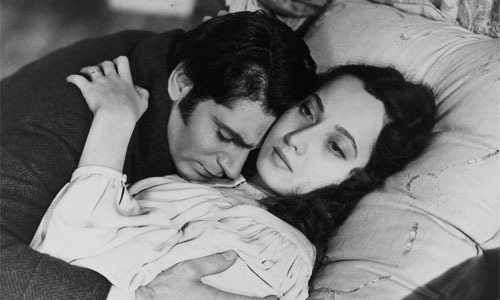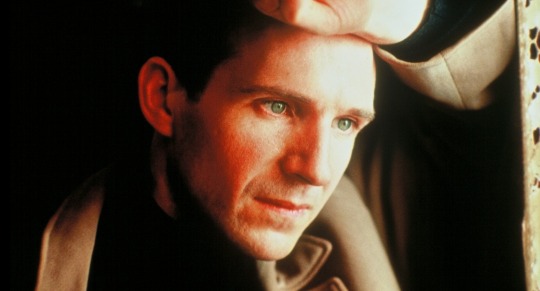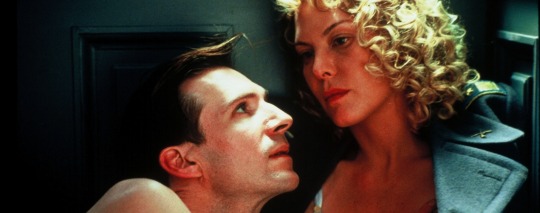Filming the Unfilmable: On Six Versions of Emily Bront's Wuthering Heightsby Soheil Rezayazdi
By Yasmina Tawil

[Editors note: One of the six Wuthering Heights adaptations discussed in this essay is Andrea Arnolds 2011 version, which is distributed by Oscilloscope Pictures. The opinion expressed below was developed independently of Oscilloscope and is entirely reflective of the authors point of view.]
I needed a love story in my life. If not love, at least an obsession. Something to pass the time and occupy the mind. Id spent much of the summer simmering in heartache, the kind that makes you feel young againand not in a good way. I got used to weeping behind sunglasses on the subway. I remembered the wild, irrational agony of a text message ignored. I felt the total loss of self-control we call emotional vulnerability.
All that crazed energy with nowhere to go. Amidst a thick melancholic fog, I found a tattered 1970 paperback of Wuthering Heights in the foyer of my apartment building. I knew the Kate Bush karaoke anthem and the gist of the novel as a Romeo & Juliet-esque story of star-crossed lovers. Thisll do, I thought.
Those 400 pages held something else entirely: a knotty saga of love souring into resentment, exploitation, and violent grief. Emily Bronts 1847 novel doesnt balm a broken heart, I learned; it hardens it. Our principal lovers, Heathcliff and Catherine, spend most of the book in a histrionic rage. They manipulate and blame one another for their loves collapse. Catherine marries another man; Heathcliff seduces the other mans sister just to rattle the cage. Their love curdles into something ghastly.
And then, of course, one of them dies. And we still have 200 more pages of book to read.
Despite the romance-novel reputation, Wuthering Heights goes down about as bitter as any pill Ive taken. Bront depicts passion as a dangerous double-edged sword; it intoxicates, sure, but it also turns humans into monsters. Her characters personify the adage hurt people hurt people. Heroes become villains in a multi-generational tale that balances a dozen key characters, rests on an elaborate nesting-doll structure, and offers a master class in cruelty.






